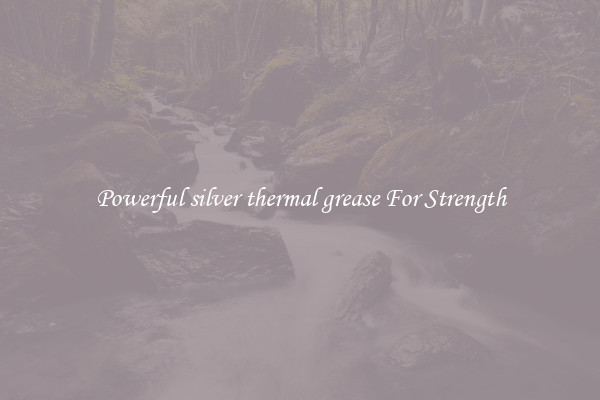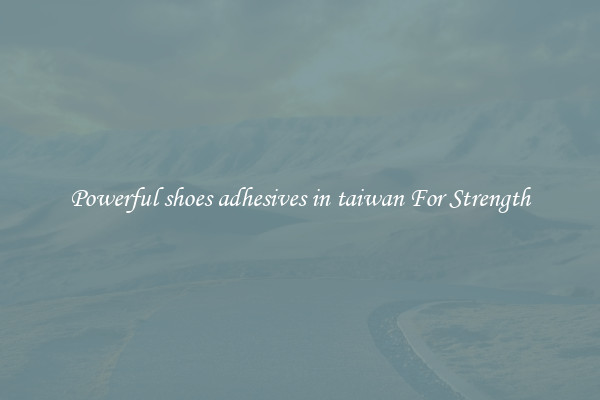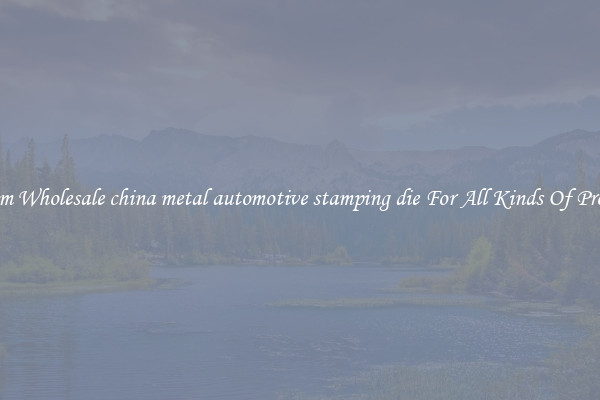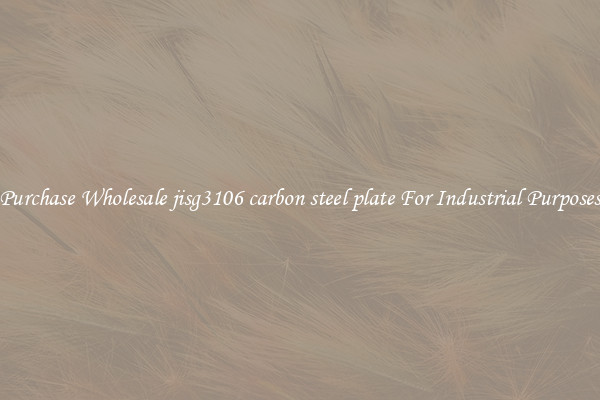High Strength paving stone degeneration For DIYers and Pros
High strength paving stones are a popular choice for both DIYers and professionals due to their durability and longevity. However, over time, even the strongest paving stones can experience degeneration. In this article, we will discuss the common causes of paving stone degeneration and provide some tips for preventing and repairing this issue.
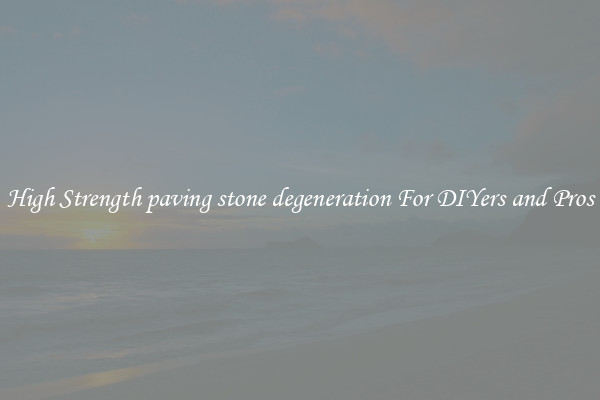
One of the primary causes of paving stone degeneration is improper installation. When the stones are not properly laid or the base is not adequately prepared, the stones can shift, crack, or become uneven. This can lead to water accumulation and ultimately degrade the stones over time. Therefore, it is essential to follow proper installation guidelines and ensure a solid and level base for your paving stones.
Another common cause of paving stone degeneration is the natural wear and tear from foot traffic, extreme weather conditions, and heavy machinery. High strength paving stones are designed to withstand a certain amount of abuse, but with continuous stress, they can eventually start showing signs of degeneration. Regular maintenance, such as sweeping and cleaning the stones, will help prevent dirt and debris from settling into the cracks, promoting degeneration.
Moisture is another significant factor contributing to paving stone degeneration. Water can seep into the cracks of the stones and freeze during colder months, causing the stones to expand and crack. To prevent this, it is advisable to seal the paving stones periodically, which will create a protective layer and minimize water infiltration.
To repair degenerated paving stones, start by inspecting the affected areas. If there are loose or cracked stones, carefully remove them and clean the area thoroughly. Apply a suitable adhesive or mortar to fix the loose stones back into place. If there are significant cracks or damage, it might be necessary to replace the affected stones entirely.
Preventive measures can go a long way in maintaining high strength paving stones. Avoid using heavy machinery directly on the stones and instead use protective mats or boards. Regularly inspect and clean the stones to remove any debris or dirt that may promote degeneration. Consider using a quality sealant to protect the stones from moisture and minimize potential damage.
In conclusion, high strength paving stones are a durable and long-lasting option for both DIYers and professionals. However, they are not immune to degeneration. By following proper installation techniques, conducting regular maintenance, and repairing any damaged areas promptly, you can ensure that your paving stones remain in excellent condition for years to come.

View details

View details

View details

View details


